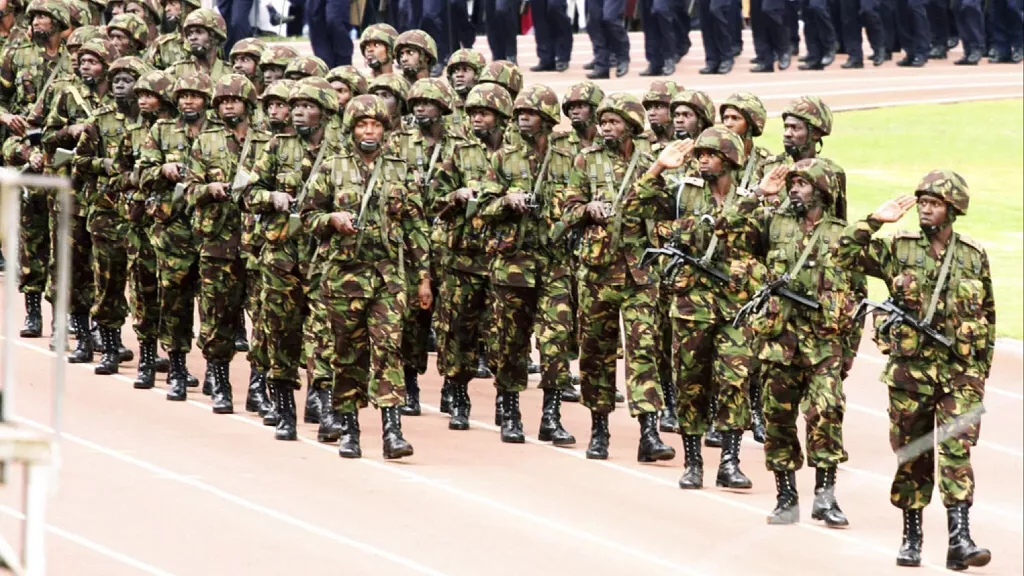The U.S. government is preparing to reexamine Kenya’s status as a Major Non-NATO Ally, signaling growing unease about Nairobi’s deepening engagements with global powers that challenge American influence—namely China, Iran, and Russia. This review, mandated by Senator Jim Risch, highlights Washington’s suspicion of Kenya’s expanding role in China’s Belt and Road Initiative, reflecting concerns that Kenya may be drifting away from its traditional alignment with the U.S. toward a more multipolar foreign policy.
Senator Risch’s sharp condemnation of Kenya’s President William Ruto for framing Kenya and China as “co-architects of a new world order” underscores a broader American anxiety about shifting alliances. What Washington views as strategic partnership, Kenya appears to interpret as pragmatic diversification—balancing relationships with major powers rather than blindly siding with the West. Yet, Risch’s framing suggests that any pivot toward Beijing is perceived as a form of disloyalty, revealing Washington’s rigid stance on global allegiance in an increasingly competitive geopolitical environment.

The review extends beyond China to scrutinize Kenya’s ties with Iran, Russia, and regional armed groups, signaling a broader U.S. effort to contain what it sees as destabilizing influences in East Africa. The inclusion of allegations regarding Kenya’s use of U.S. intelligence for alleged human rights abuses also reflects ongoing tensions around governance and accountability—highlighting how security cooperation can become a double-edged sword when partner countries pursue policies conflicting with American values.
Kenya’s designation as a Major Non-NATO Ally last year was a landmark moment for U.S.-Africa relations, offering Nairobi enhanced military privileges and signaling Washington’s desire to strengthen strategic ties in the region. Stripping Kenya of this status would not only diminish its military capabilities but also mark a retreat of American influence at a time when Beijing and Moscow are aggressively expanding their foothold in Africa.
This reassessment therefore signals a potential recalibration of U.S. policy amid a shifting global landscape, where traditional alliances are tested by emerging powers and regional actors pursuing independent agendas. While Washington aims to safeguard its interests, the approach risks alienating key partners and inadvertently pushing them closer to rival powers, potentially undermining long-term strategic goals in a geopolitically vital region.


